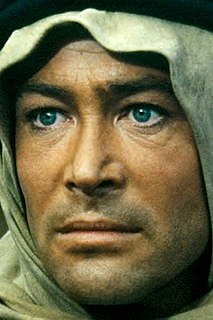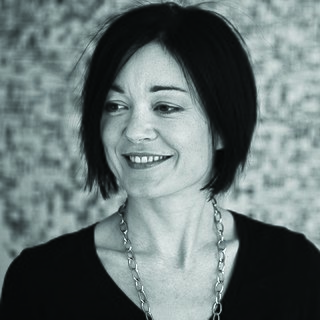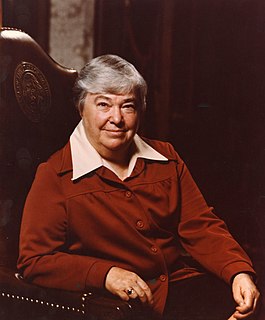A Quote by Carl Sagan
If we are not able to ask skeptical questions, to interrogate those who tell us that something is true, to be skeptical of those in authority, then, we are up for grabs for the next charlatan (political or religious) who comes rambling along.
Related Quotes
What is called for is an exquisite balance between two conflicting needs: the most skeptical scrutiny of all hypotheses that are served up to us and at the same time a great openness to new ideas. If you are only skeptical, then no new ideas make it through to you. On the other hand, if you are open to the point of gullibility and have not an ounce of skeptical sense in you, then you cannot distinguish useful ideas from the worthless ones.
Everyone is skeptical. Only the media are not skeptical, but, then, they were also not skeptical when the administration put out the line that coordinated embassy attacks around the globe on the anniversary of 9/11 were just rowdy movie reviews. Numbers on a TV screen won't prevent millions of Americans from noticing that they're unemployed.
There are only two things one has to bear in mind. One has to be credulous - able to believe - and skeptical - able to not believe, because if you are not skeptical, you will believe rubbish. If you are not credulous you will learn nothing and the only way to balance those two is to recognize the mystery of things.
Finding the occasional straw of truth awash in a great ocean of confusion and bamboozle requires intelligence, vigilance, dedication, and courage. But if we don't practice these tough habits of thought, we cannot hope to solve the truly serious problems that face us --- and we risk becoming a nation of suckers, up for grabs by the next charlatan who comes along.
If you don't put the spiritual and religious dimension into our political conversation, you won't be asking the really big and important question. If you don't bring in values and religion, you'll be asking superficial questions. What is life all about? What is our relationship to God? These are the important questions. What is our obligation to one another and community? If we don't ask those questions, the residual questions that we're asking aren't as interesting.
I think the appropriate kind of skepticism is this: you've got to be asking questions all the time, you've also got to make sure that you're doing so in the spirit of genuinely wanting to find the answers - and that also means being open. I battle with this: I know I tend to be very skeptical and as a result, I veer towards the dismissive. But being aware of the tendency, I like to challenge my own skepticism and make sure it's not just knee-jerk. You need to be skeptical towards yourself as well. When you're only skeptical outwards you've got an unbalanced skepticism.
Over the last few decades, I've grown more skeptical about a few things in which I used to have more faith. I believe as much in the necessity of, and the possibility of, revolution as I ever did. At the same time, I've grown more skeptical about poetry's role in it or art's contribution to it, and I've grown more skeptical about the university. Universities are big companies, and they're disciplinary in the way that any big institution is. I've found that the political militancy that the professoriate has mostly been fairly repressive of what I take to be necessary politics.



































